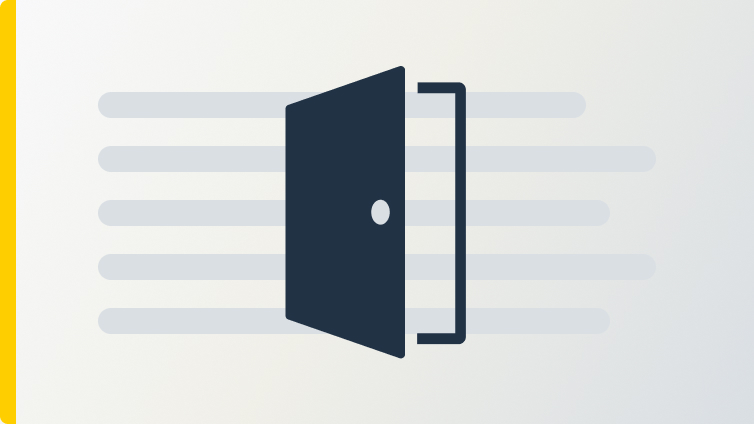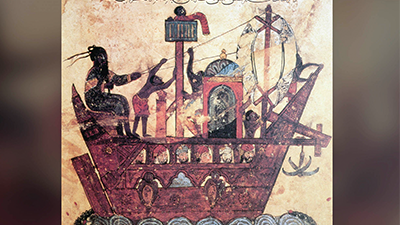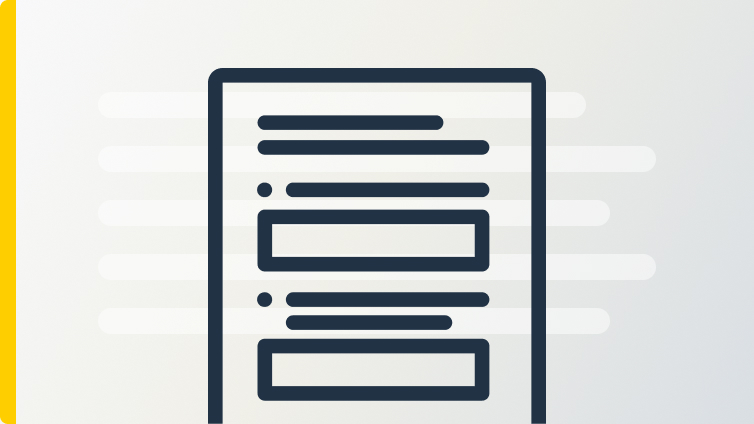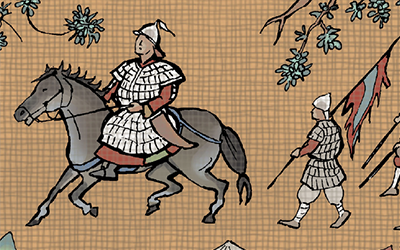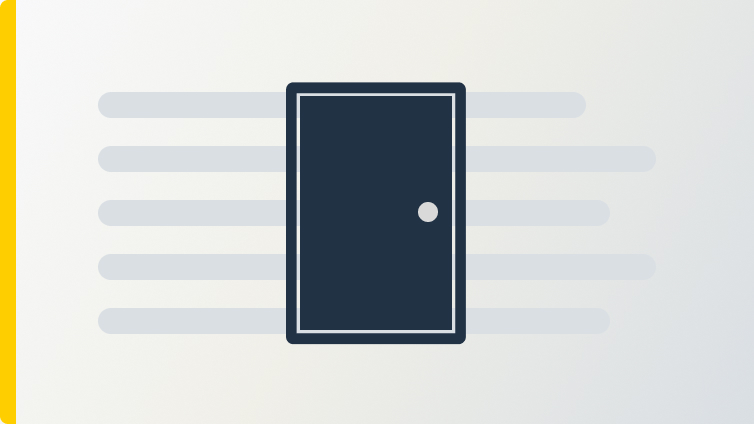Exchange in the Indian Ocean
Teacher Resources
Driving Question: How did the Indian Ocean trade network facilitate economic and cultural exchanges between diverse regions?
The Indian Ocean trading system was the engine of trade in Afro-Eurasia and helped spread new ideas and technologies around the world. Large empires were an important part of this system, as Islamic and Chinese empires helped launch an expansion of trade. But the Indian Ocean trade was also remarkably peaceful, with the empires involved generally allowing merchants a free hand in the ocean.
Learning Objectives
- Explain the causes of the growth of networks of exchange after 1200.
- Explain the role of environmental factors in the development of networks of exchange in the period from c. 1200 to 1450.
- Use historical thinking skills and reasoning practices such as sourcing, contextualization, comparison, continuity and change over time (CCOT), and claim testing to evaluate historical events and processes.
Vocab Terms:
- authority
- commerce
- diaspora
- maritime
- merchant
- monsoon
Opener: Exchange in the Indian Ocean
To teach this lesson step, refer to page 2 of Lesson 2.3 Teaching Guide.
New to teaching claim testing? This video provides an introduction to claim testing in the classroom.
You already know that you can’t believe everything you read, see, or hear. But how do you decide what to believe? Claim testing can help.
Indian Ocean Trade Routes
To teach this lesson step, refer to page 3 of Lesson 2.3 Teaching Guide.
An ocean of knowledge is found in this blog post—Oceanic history: Developing a single ocean global trade network.
How did the trading system of the Indian Ocean get to be so large? What was the impact of this vast network of trade? Explore how the Indian Ocean became a center of trade from 1200-1450, and how that trade impacted the world.
-
Guiding Questions
-
Before you read
Preview the questions below, and then skim the article. Be sure to look at the section headings and any images.
While you read
Look for answers to these questions:
- What enabled the vast trading system of the Indian Ocean? How did they operate?
- Where were the busiest ports in the Indian Ocean? Why?
- How did the rise of empires help expand the trade?
- The author argues that the most important factor driving trade was cultural. What does he mean?
- What important aspect of the Indian Ocean trade does the author say are highlighted by the Zheng He voyages?
After you read
Respond to the following questions:
- To what extent does this article explain the role of environmental factors in the development of networks of exchange in the period from c. 1200 to 1450?
- You have examined other trading systems in this unit. How was the Indian Ocean trade different or similar to these other networks? How did the sea-based nature of these routes differentiate the Indian Ocean trade from land-based networks?
- The author argues that the Indian Ocean was the most important trading system in the world during this period. What evidence can you find in this article and others to support or challenge this claim?
What Caused the Expansion of Trade?
Why did trade expand in this era? Review the materials in this lesson to formulate a response.
Graphic Biography: Zheng He
To teach this lesson step, refer to page 4 of Lesson 2.3 Teaching Guide.
A man of three names, Zheng He was a Muslim captured by the Ming dynasty who became a valuable official and then a great admiral. But were his famous expeditions trading enterprises or instruments of war and domination?
-
Guiding Questions
-
Before you read
Skim the full comic, paying attention to things like prominent colors, shapes, and types of text and fonts. How do you know where to start and which direction to read? What’s in the gutters (the space between panels)? Who is the focus of the comic? What big questions do you have?
While you read
Look for answers to these questions:
- How did Zheng He come to have three names?
- What did Zheng He do as the admiral of the Ming Dynasty?
- How does Xu Zu-Yuan describe Zheng He’s journeys, and how does this contrast to later Portuguese expeditions in this region?
- How does Geoff Wade describe Zheng He’s journeys, and what is his evidence?
- How does the artist use art and design to contrast and illustrate the two big theories about Zheng He’s voyages?
After you read
Respond to the following questions:
- To what extent does this article explain how the expansion of empires influenced trade and communication over time?
- How does this biography of Zheng He support, extend, or challenge what you have learned about connections across Afro-Eurasia in this period?
Closer: Exchange in the Indian Ocean
To teach this lesson step, refer to page 5 of Lesson 2.3 Teaching Guide.
Need a good poster? Check out these Claim Testing posters for your classroom.
We tend to trust authorities. But what makes someone an authority? And just because someone’s an authority on one topic, does it mean they’re an authority on all topics?

